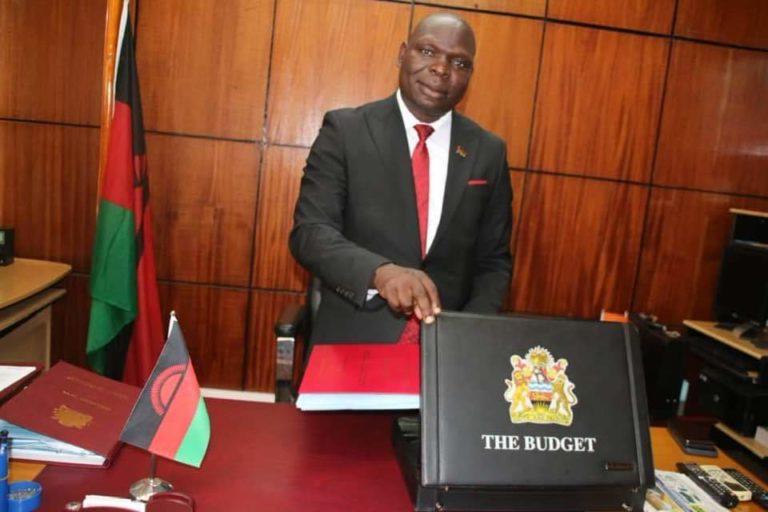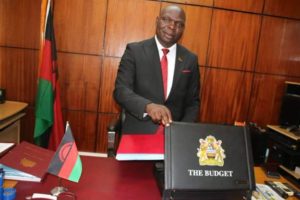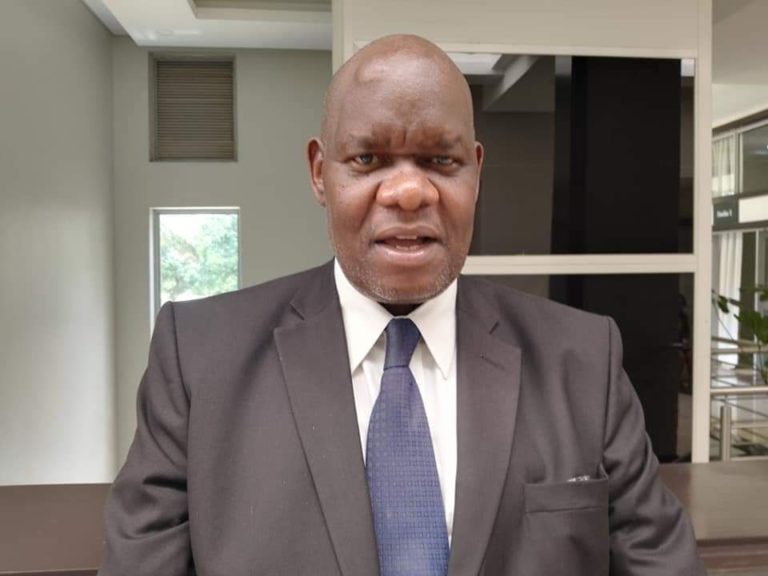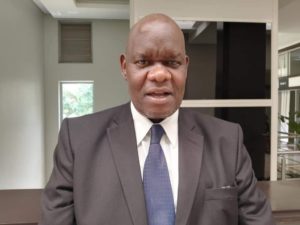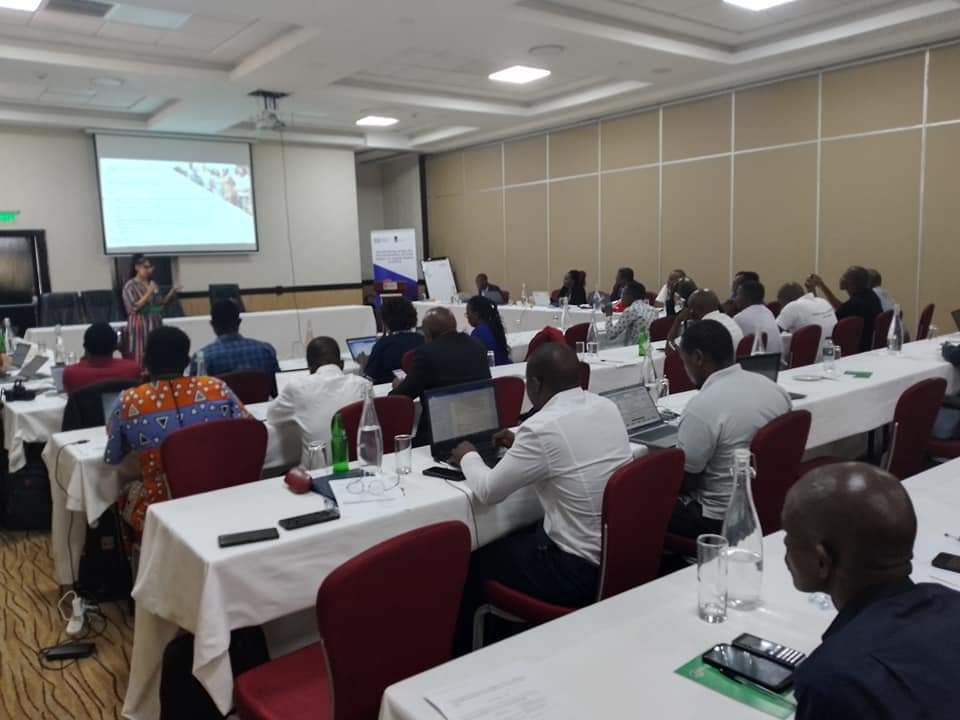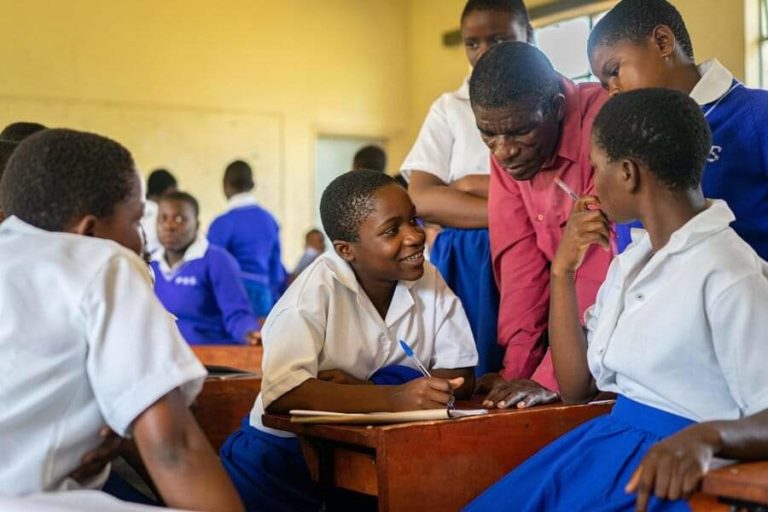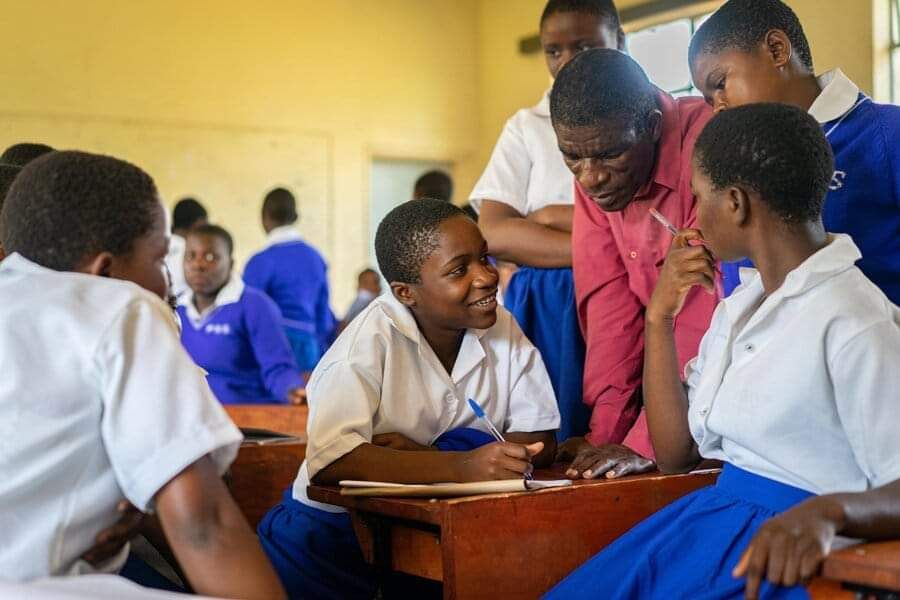By Durrell Namasani
Decade gone now when Malawi has seen a lot of its citizens living the diaspora taking a genuine interest in the politics of the Country. One such name is Chalo Mvula, a UK based politician who currently leads the Malawi Congress Party Diaspora Network (MCPDN). We sat down with Chalo to grasp his views on a number of important issues affecting Malawi
What is the role of Malawi Diaspora in changing the economic fortunes of Malawi?
Chalo: The Malawi Diaspora plays a crucial role in changing the economic fortunes of Malawi through various means. Remittances from Malawians living abroad contribute significantly to the country’s foreign exchange reserves and household incomes, thus stimulating consumption and investment. Additionally, members of the diaspora often bring valuable skills, knowledge, and connections back to Malawi, fostering entrepreneurship, innovation, and technology transfer. Furthermore, they can act as ambassadors for Malawi, attracting investment and fostering trade partnerships. By leveraging their financial, human, and social capital, the Malawi Diaspora can play a pivotal role in driving economic growth, job creation, and sustainable development in their home country
Politically, is there room for the diaspora in Malawi Politics?
Chalo: In recent years, Malawi has taken steps to engage its diaspora politically. The Malawi government has shown openness to involving diaspora members in national development initiatives and even explored the possibility of diaspora voting rights. However, challenges such as logistical issues and differing political perspectives have hindered full integration. While some diaspora members have expressed interest in participating in Malawi’s political landscape, formal mechanisms for their direct involvement remain limited. Nonetheless, the potential for diaspora influence in Malawian politics is recognized, and ongoing dialogue and initiatives seek to further incorporate their perspectives and expertise in shaping the nation’s political future

What challenges do you as leaders of the diaspora find in engaging leaders back home?
Chalo: Leaders of the diaspora encounter various challenges when engaging with leaders back home. These hurdles include limited channels for meaningful dialogue, differing cultural and political contexts, and potential mistrust or skepticism from local leaders. Moreover, navigating complex bureaucratic processes and legal frameworks presents additional obstacles. Building trust, understanding local dynamics, and overcoming logistical and cultural barriers are crucial for diaspora leaders to effectively engage with their counterparts back home and contribute meaningfully to the development and progress of their home country
You have been the Chairperson of Malawi Congress Party Diaspora Network for sometime now, what role do you think the diaspora will play in Malawi General elections in 2025 and do you think MCP stands a chance of winning ?
Chalo: I believe that the diaspora will play a significant role in the 2025 Malawi General elections. The diaspora can contribute by raising awareness, mobilizing support, and even providing financial resources for their respective political parties. Their influence may extend to campaigning, leveraging their networks and resources to reach voters both within and outside the country. Regarding the MCP’s chances of being reelected, it’s essential to consider various factors, including the party’s performance, public sentiment, and the political landscape closer to the election. While it’s challenging to predict election outcomes, the MCP’s prospects will depend on its ability to address citizens’ concerns, deliver on promises, and effectively communicate its vision for Malawi’s future. Looking at how the party has performed, as part of the Tonse Alliance,there is no reason to doubt that it will be back in power.
What is your assessment of President Chakwera’s performance since he came into power?
Chalo: President Lazarus Chakwera has faced significant challenges since assuming office, including the impact of the COVID-19 pandemic, natural disasters, and global geopolitical tensions. Despite these obstacles, he has made notable strides in various areas. His administration has prioritized combating corruption, promoting good governance, focus of food security and implementing necessary changes aimed at fostering transparency and accountability. Additionally, efforts to improve the business environment and attract investment have been evident, as well as initiatives to strengthen healthcare, education, and infrastructure. President Chakwera’s commitment to strengthening international relations and pursuing regional cooperation has also been noteworthy. However, some critics argue that progress has been slow, and expectations for rapid change have not been fully met. Nevertheless, considering the complex circumstances inherited from the previous administration, President Chakwera’s efforts toward long-term systemic improvements are notable, and his performance reflects a concerted effort to address the challenges facing Malawi.
What’s the economic catalyst that can trigger Malawi economy to improve. Despite IMF restarting the economic facility,is there any economic blueprint that Malawi should follow from now going into the future? And can the diaspora help in anything?
Chalo: To improve Malawi’s economy, a multi-faceted approach is necessary. Prioritizing agricultural modernization and value addition can enhance productivity, create jobs, and boost exports. Investing in infrastructure, particularly in energy and transportation, can improve connectivity and facilitate trade. Additionally, promoting a conducive business environment, including streamlined regulations and incentives for investment, can spur economic growth. Embracing renewable energy and sustainable practices can also drive innovation and attract international support. Moving forward, Malawi could benefit from a comprehensive economic blueprint focusing on diversification, industrialization, and human capital development. The diaspora can contribute through knowledge transfer, investment, and fostering trade relations, as well as supporting skills development and entrepreneurship initiatives. By leveraging the diaspora’s expertise and resources, Malawi can tap into additional avenues for economic growth and resilience.
What should Malawi expect from you ,Chalo Mvula? Is the future Politics ? Are you coming back home or forever diaspora?
Chalo: I am deeply committed to contributing to Malawi’s progress and prosperity, whether from within the country or as part of the diaspora. My love for Malawi and my desire to see positive change go beyond physical location. I envision a future where Malawi experiences significant improvements in various areas, including poverty alleviation, healthcare, education, and economic development. I am pro-business and advocate for both local and foreign investment to spur growth and opportunity for all Malawians. President Chakwera’s efforts to lay strong foundations for a more prosperous Malawi are commendable, and I am eager to play a role as a patriotic citizen in supporting these initiatives. Whether that role involves frontline politics or other forms of civic engagement, my commitment to contributing to a better future for Malawi remains steadfast. As Malawians, we all share the responsibility of working towards a more prosperous and equitable nation



